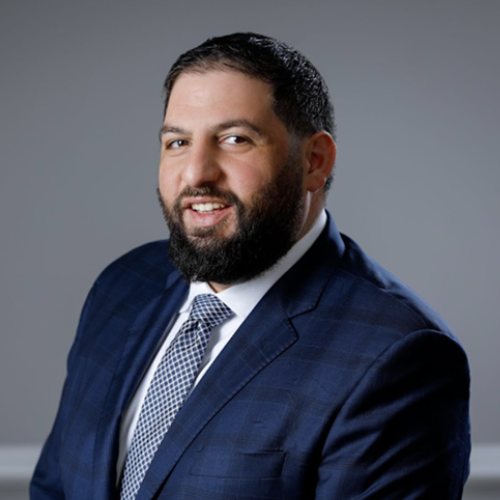Currently Not Collectible (CNC) status can provide you with temporary relief from tax debt collection efforts by the IRS. However, if you applied for but were denied CNC status, all hope is not lost, as you have the option to appeal this ruling. A tax attorney can be a great ally during this process as appeals are often complex and can take months to complete.
When the IRS first initiates a collection action on your tax debt, such as in the form of a tax lien or a levy on your bank account, you have the option of trying to stop it through an appeal. Appealing a CNC determination is a very similar process. In addition to requesting review of collection actions, you may ask the IRS to review your CNC determination. You may request a Collection Due Process (CDP) hearing, or pursue the Collection Appeals Program (CAP). You might choose the CAP process because it is faster, but bear in mind that the decision is final and cannot be reviewed by the Tax Court.
Typically, the first step in appealing a decision by the IRS is to request a CDP hearing. At the hearing you will have the opportunity to offer evidence as to why you disagree with the IRS’s determination that you do not qualify for CNC. To initiate this process, complete Form 12153, Request for Collection Due Process or Equivalent Hearing, and mail it to the address shown on the lien or levy notice you received from the IRS. Your appeal must be postmarked within 30 days after the date of the notice of the collection action, as stated on the notice. After you file your request, the Office of Appeals will contact you to schedule a hearing, which may be held by phone, through correspondence, or in-person.
You can appeal to the Tax Court if you disagree with the decision following a CDP hearing. This court uses what is known as the “abuse of discretion” standard, meaning the CDP decision will be upheld unless the Tax Court finds that there was “plain error”. Because this finding is rare, it is difficult to have a CDP ruling overturned. Note that you will not be allowed to raise new issues or defenses in front of the Tax Court, so it is essential that all your arguments are made at the CDP hearing.
Alternatively, you may request a hearing through the CAP. You can use this process if the IRS has initiated a federal tax lien, seizures of your property, or levies against your wages, bank accounts, or other property. This is also an option if the IRS rejected or terminated your installment agreement, or you wish to modify or propose a different installment agreement. Remember, while this is a faster process than a CDP hearing, it does not provide the right to go to Tax Court or Federal Court if you disagree with the outcome.
To pursue this option, you must contact the Collection Manager as designated on the notice from the IRS. If you are unable to reach a settlement at that conference, you may then complete Form 9423, Collection Appeal Request.
To prove that you are eligible for CNC status, your primary evidence will be your financials. You must provide evidence of all sources of your income, as well as your expenses. You may also show evidence of other financial hardships, such as medical bills, unemployment, or other reasonable expenses exceeding your income. In addition, you must raise any other defenses that may help you at the first hearing on your appeal or you will lose them completely. This may include claims that the IRS misapplied payments or that your debt was incorrectly calculated. A qualified tax attorney can help you compile this information and present the best case, ensuring that you do not miss out on any defenses which could reduce, delay, or wipe out your tax dept.
In addition to CNC status, you have other options that a tax attorney can help you pursue, such as an Offer in Compromise or an installment agreement. Connect with a qualified tax resolution attorney today by calling us at 1-800-571-7175. We offer a free no-obligation tax case review.


